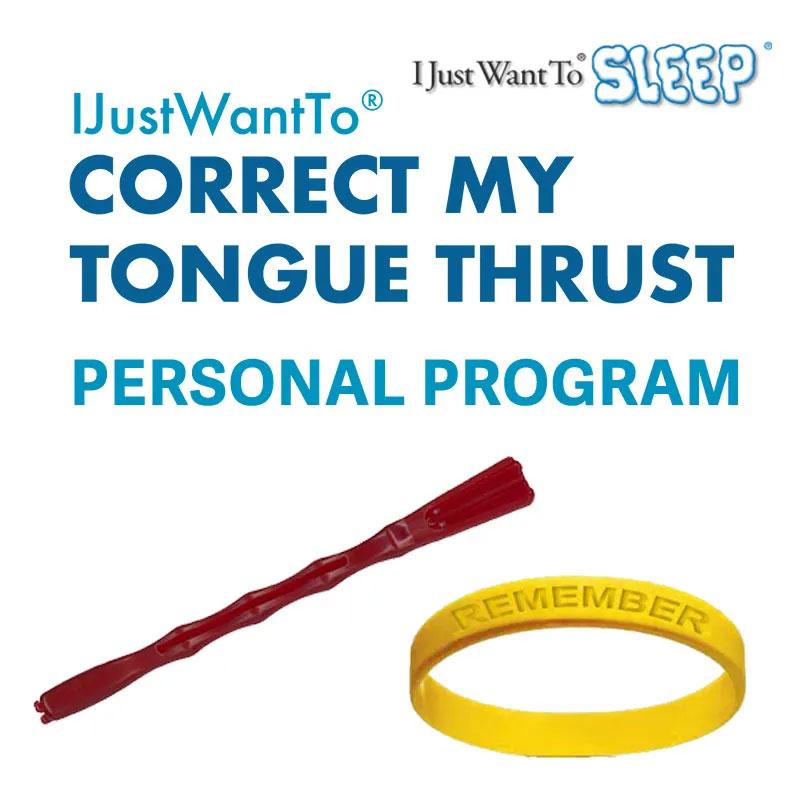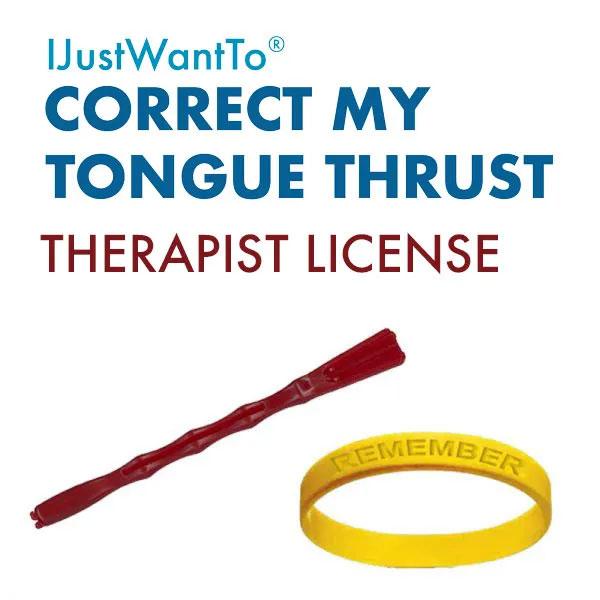Tongue Thrust in Children is a common problem. What causes it?
- Prolonged thumb sucking, pacifier use, bottle use
- Premature loss of “baby” teeth due to cavities or accident
- Enlarged tonsils & adenoids
- Hereditary factors
We are all born with a tongue thrust. Around the age of 12 months, we should outgrow this, unless one of the above issues is still occurring. When the baby misses that 12-month “window” of growing out of tongue thrusting, it continues on and becomes a habit. An important note is that the parents should not feel guilty about the development of the tongue thrust. The most important thing a parent can do is to contact a Speech Pathologist if you are told your child has a tongue thrust.
How Tongue Thrust Affects Your Daily Life
The signs you are experiencing tongue thrust are there. Whether you have difficulty with certain parts of speech, trouble swallowing, experience excessive snoring, or something else, tongue thrust can have a profound impact on your life. You may not realize that those things are related to tongue thrust, or you may not realize all the ways in which your tongue thrust affects your day-to-day life, so in this article, we want to help. We are discussing ways in which tongue thrust impacts your daily life, in order to help you identify whether you or a loved one is experiencing it, and what to do about it.
Tongue thrust describes the condition where the tongue, while at rest and/or swallowing, pushes against or comes between your front teeth.
1) Tongue Thrust can lead to mouth breathing that can lead to many different health issues
Mouth breathing results in your body taking in cold, dirty air instead of warm, clean air, which is produced when you breathe through your nose. This can result in waking up tired, or with a headache. Difficulty concentrating or daytime sleepiness can occur. There are multiple sleep deprivation symptoms that may appear.
2) Dental issues
If the tongue is putting pressure on the front teeth when swallowing, it can push them out, causing an anterior overbite. The tongue is considered one of the strongest muscles in the body which explains why the teeth can remain to protrude even if there are braces. This could lead to expensive dental procedures and corrections in the future, especially for children.
3) Speech problems
A person with a tongue thrust may mispronounce the “s” and “z” sounds because their tongue is used to being near the front of their mouth and when they produce it, it sounds like a “th” so “sun” sounds like “thun”. This can be embarrassing and frustrating. Speech therapists who know how to treat a tongue thrust understand that they first have to build up the tongue muscles before learning how to produce those sounds correctly.
4) Mouth breathing that can lead to snoring
If a tongue thruster breathes through their mouth while sleeping, this may result in snoring, which, over time, may lead to sleep apnea.
5) Mouth breathing that can lead to fatigue
If you breathe through your mouth while sleeping, this will lead to poor sleep which can lead to fatigue and daytime sleepiness.
6) Teeth grinding
Teeth grinding occurs when you are not aligned properly. When you learn how to keep your tongue on the roof of your mouth, this aids in aligning your cranial bones which can result in reduced teeth grinding.
If tongue thrust is a part of your life or the life of someone you love, IJustWantTo Correct My Tongue Thrust is here to help. Correct My Tongue Thrust is a tongue muscle exercise program proven to stop tongue thrusting and snoring due to mouth breathing and incorrect tongue position. Our seven-week tongue exercise program helps correct tongue thrust in children and adults without any medication, surgery, or invasive options. If you want to know more about our program, check out our Frequently Asked Questions section or contact us using the form on this page.




